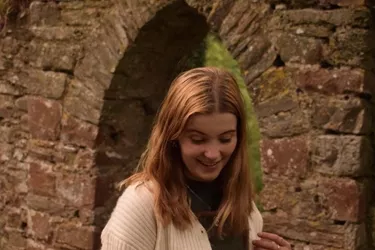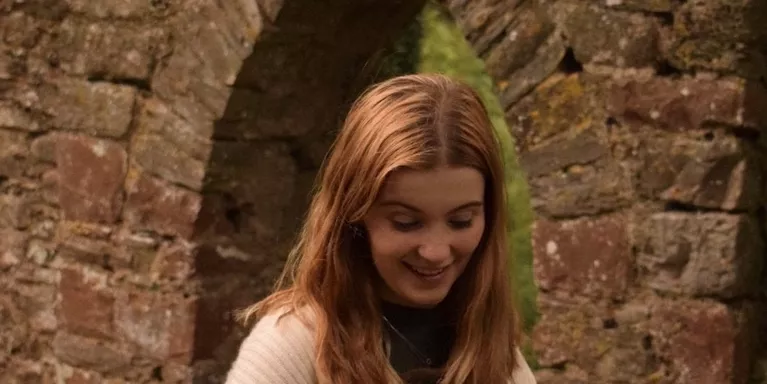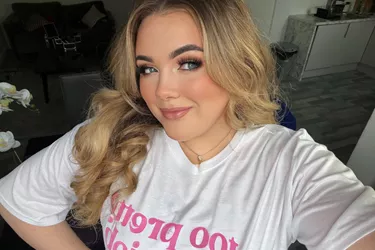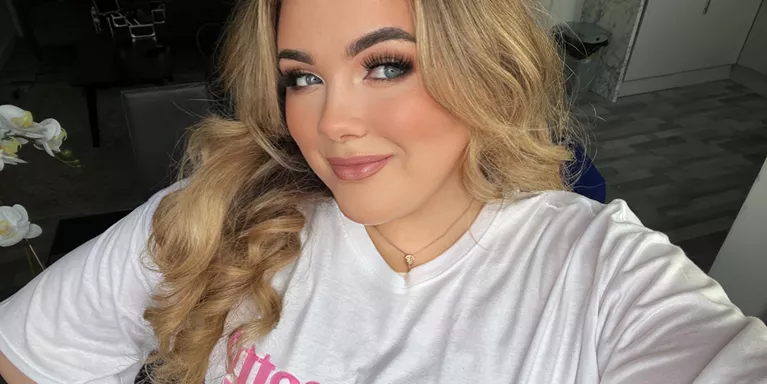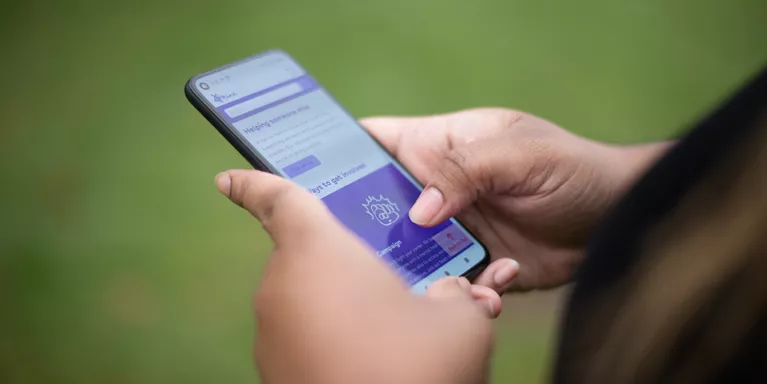School and my mental health challenges
As Welsh Government asks for feedback on its new 10 year strategy for mental health, Chloe talks about the importance of support to young people.
Trigger warning: This blog mentions sexual assault.
We often hear that mental health is just as important as physical health, and I feel strongly that supporting positive mental health should begin early in a person’s life.
I had a tough time at school, and feel that with better early support I might have been able to function better and perhaps manage my emotional problems more effectively.
During my school years, I was a victim of bullying, sexual assault and directed violence. My bullying was particularly bad during my GCSE years, in Years 10 and 11, and resulted in major non-attendance at school.
At my lowest point, I was attending school just once or twice per week, which had a huge impact on my confidence and performance.
Unfortunately, because I didn’t feel very well supported, I developed a mentality of not trusting or relying on anyone to support me. I began to feel as though the best thing I could do was just keep quiet and not tell anyone about other traumatising experiences I had, including the directed violence and assault.
Adding to this, I was also a young carer - due to a debilitating condition that my mum was unfortunate to be suffering from. This in turn caused me to compartmentalise my experiences.
I did access six weeks of counselling, but it didn’t really address the bullying issue, more tried to tackle the surface issue of non-attendance that was a symptom of much deeper problems.
Things didn’t start to improve for me until I left school, and I know I’m not alone in these experiences. Due to the constant waiting for support, I hit a brick road when I was 19 after being involved in a tragic car accident with my partner. This caused me to spiral, as all of my previous feelings from my earlier youth resurfaced – having never been properly resolved.
It was after hitting a brick wall that I finally got a diagnosis of anxiety and PTSD around two years ago. I’ve been able to better understand why I’ve felt the way I have, and how I can better support myself in future.
As well as using medication, which has helped control my anxiety and panic attacks, I’m much better at practising self-care, including being aware of my emotions, knowing boundaries, and knowing when enough is enough to protect myself and my space.
I have also found it so important to acknowledge my feelings and allow myself to truly feel them, giving myself credit for all the challenges I’ve faced. I also think it’s important to have compassion for yourself, just as you would for someone you love.
In addition to seeking support from someone you trust, consider incorporating mindfulness practices into your routine, like deep breathing or meditation, to manage stress. Reflect on your goals and prioritise tasks to avoid feeling overwhelmed.
Building a support network with friends who understand your struggles can also provide a sense of connection and encouragement.
It may have taken a while, but I now understand the importance of asking for help and taking breaks when needed. Now I’m a university student and I feel very well supported with my mental health. I’ve had to take time off, but it’s been something the university has been really supportive with, which is so refreshing given my past experiences.
Perhaps not surprisingly, I feel really passionately about supporting young people’s mental health, in school settings in particular. I feel strongly that negative issues with young people should and could be nipped in the bud as soon as they arise, so that so many young adults don’t end up burning out when adulthood pressures begin to seep into their lives.
It is my hope that I can use my voice and my story to encourage another young person to speak out if they’re struggling. I’d encourage them to speak to a trusted adult, and use resources that are available to them to manage their mental health effectively.
If educators are effectively supported and properly trained to identify mental health challenges, they can make even small adjustments and interventions to really help a young person. No one should feel misunderstood and alone; just one trusted advocate can make a huge difference to a young person’s journey.

Our campaigns
We'll fight your corner. We believe everyone with a mental health problem should be able to access excellent care and services. We also believe you should be treated fairly, positively and with respect.
Share your story with others
Blogs and stories can show that people with mental health problems are cared about, understood and listened to. We can use it to challenge the status quo and change attitudes.










